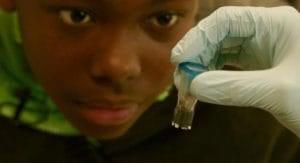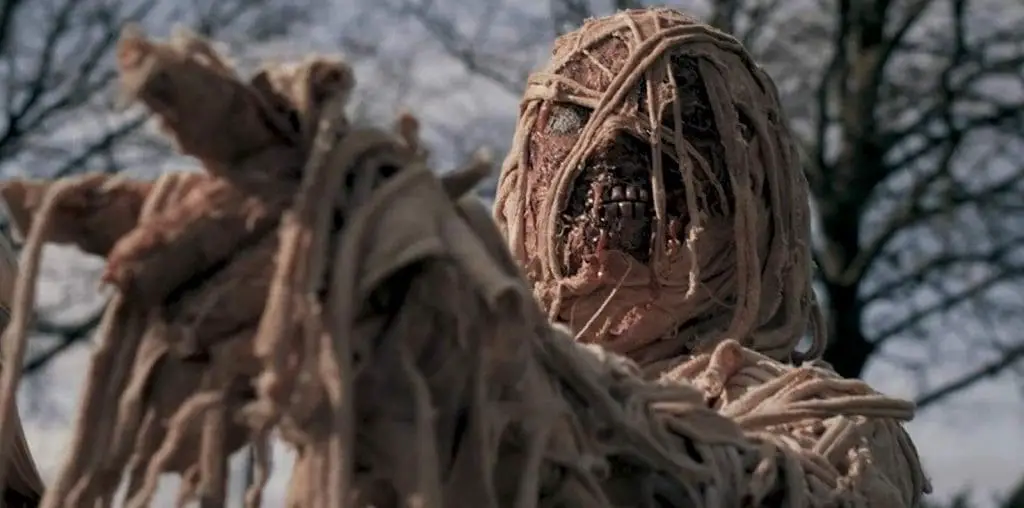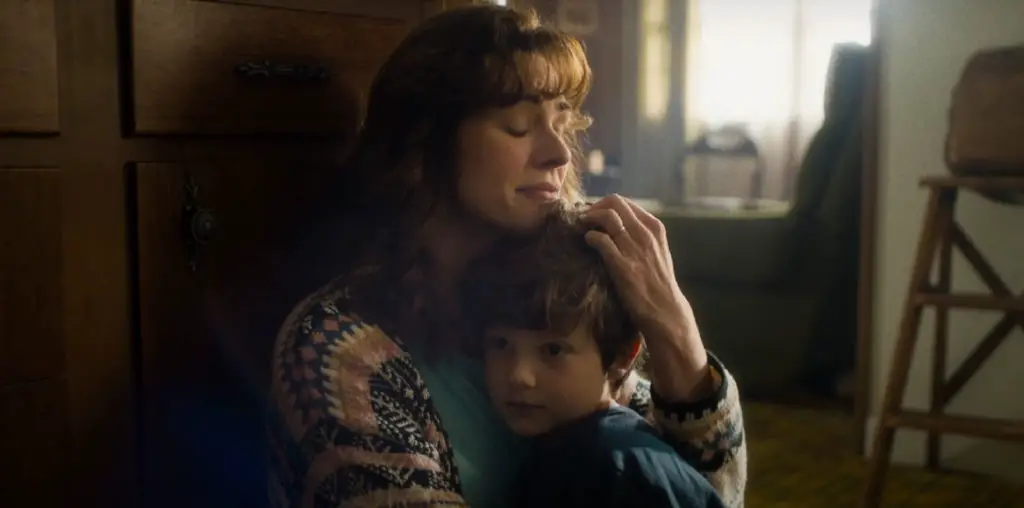
For those who do not keep up with the latest scientific breakthroughs, CRISPR might only be something you are familiar with as the serum that sets off the plot in the video game adaptation Rampage. However, the family of DNA sequences found in the genome of prokaryotic organisms is considered the future of biological sciences, as well as presents an interesting set of ethical questions. These biological breakthroughs and quandaries are detailed in the documentary Human Nature.
CRISPR, which stands for Clustered Regularly Interspaced Short Palindromic Repeats, was first discovered in 1987 by Yoshizumi Ishino and his fellow researchers. Then in the Netherlands, researchers published two articles about what would eventually be dubbed CRISPR in 1993. At that same time, at the University of Alicante Francisco Mojica also noticed the repeating clusters. By 2007, evidence that CRISPR was an adaptive immune system was cited, and the idea of DNA manipulation with this newfound sequence of deoxyribonucleic acid, and its use of spacers began taking a real hold in the scientific community.

“…the family of DNA sequences found in the genome of prokaryotic organisms is considered the future of biological sciences…”
Mind you, that description and timetable are abbreviated as a full history would take thousands upon thousands of words and I am not a scientist, so trying to explain all the little moments might cause confusion for all involved. Happily, Human Nature, written by director Adam Bolt and Regina Sobel, make all the jargon and how and why CRISPR is such a big deal accessible and exciting.
Through a combination of visuals representing DNA and interviews with scientists, medical professionals, as well as people that CRISPR could help, the filmmakers lay out both the science behind CRISPR while finding the human element. In terms of explaining exactly how to use CRISPR within the human genome, one scientist likens it to a word processor. The blinking cursor allows one to write, edit, or change a sentence in the document; inserting CRISPR into DNA is a similar process of placing the cursor and editing away.
David Sanchez is a young boy with sickle cell amenia, meaning the teenager’s blood cells are not adequately carrying oxygen and leads to a variety of health issues including but not limited to sickle cell crisis (attacks of immense pain), stroke, and bacterial infections. The audience sees David both in and out of the hospital, and the potential use of CRISPR to replicate the healthy DNA seems to excite both he and his grandmother, Dolores. Palmer and Ethan Weiss and their daughter Ruthie, who has albinism, are also interviewed. By all accounts, Ruthie is a fun loving girl but the effects on her eyesight, as well as other issues, concern her parents. Could use of the Cas-9 protein of CRISPR have helped Ruthie?

“…likens it to a word processor…allows one to write, edit, or change a sentence…inserting CRISPR into DNA is a similar process…”
These stories are why the research into CRISPR and how it can be edited into DNA is essential. But, Human Nature does not shy away from the controversy such actions have wrought. Articles about if scientists are playing god are directly acknowledged and addressed. Ryan Phelan, of Revive & Restore, firmly states that “no one is playing in this field.” Given the severe nature of the topic, and how respectful all the interviewees are about it, that is not an understatement. A clip of Vladimir Putin discussing how this breakthrough can be used to create super soldiers is also shown and is chilling.
The most compelling case against this kind of thing is sickle cell disease itself. Sounds odd, right? Especially considering the pain the viewer witnesses David going through. However, malaria does not react well to sickle cells. Thus it is ubiquitous in areas in which that disease is rampant. Science and evolution would not know this if CRISPR was used. But, is the pain and effects of sickle cell disease worth it?
Wherever you may land on the ethical issues of gene manipulation, Human Nature, is a fascinating watch. The filmmakers interview several experts, but ensure that the processes and its potential impact are easily understood. They also know that cut and dry facts don’t make for a compelling viewing experience, so they invest the audience with human stories. Despite the slightly long runtime, as it does get a bit repetitious at times, the documentary is very worthwhile.
Human Nature (2019) Directed by Adam Bolt. Written by Adam Bolt, Regina Sobel. Starring David Sanchez, Dolores Sanchez, Alta Charo, Ryan Phelan, Palmer Weiss, Ethan Weiss, Ruthie Weiss, Jill Banfield. Human Nature screened at the 2019 SXSW Film Festival.
9 out of 10



When will this film be available to view?